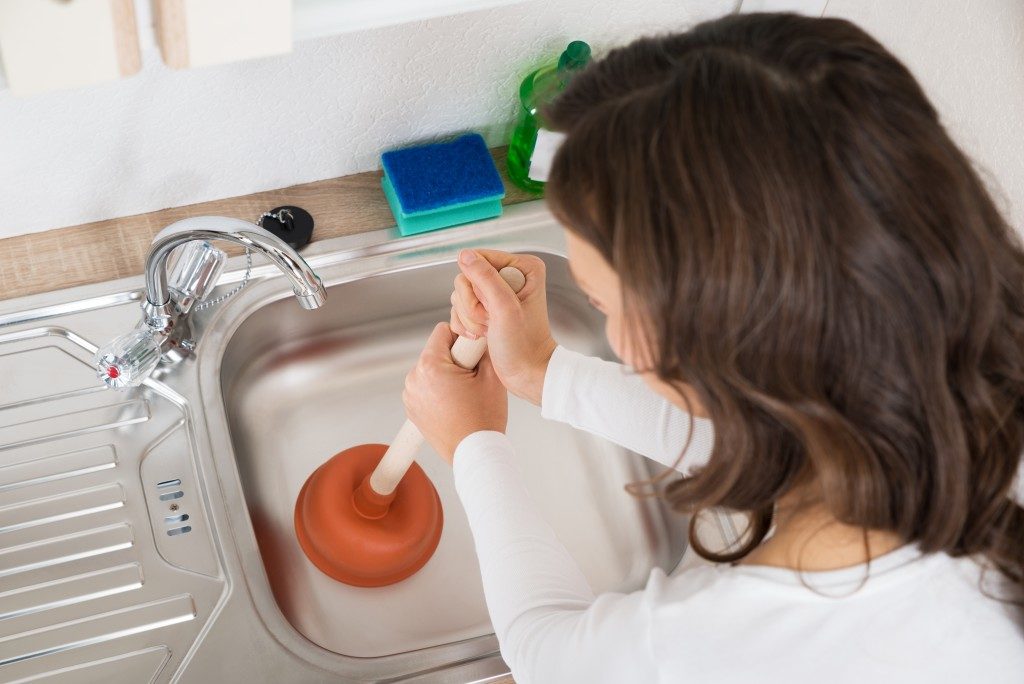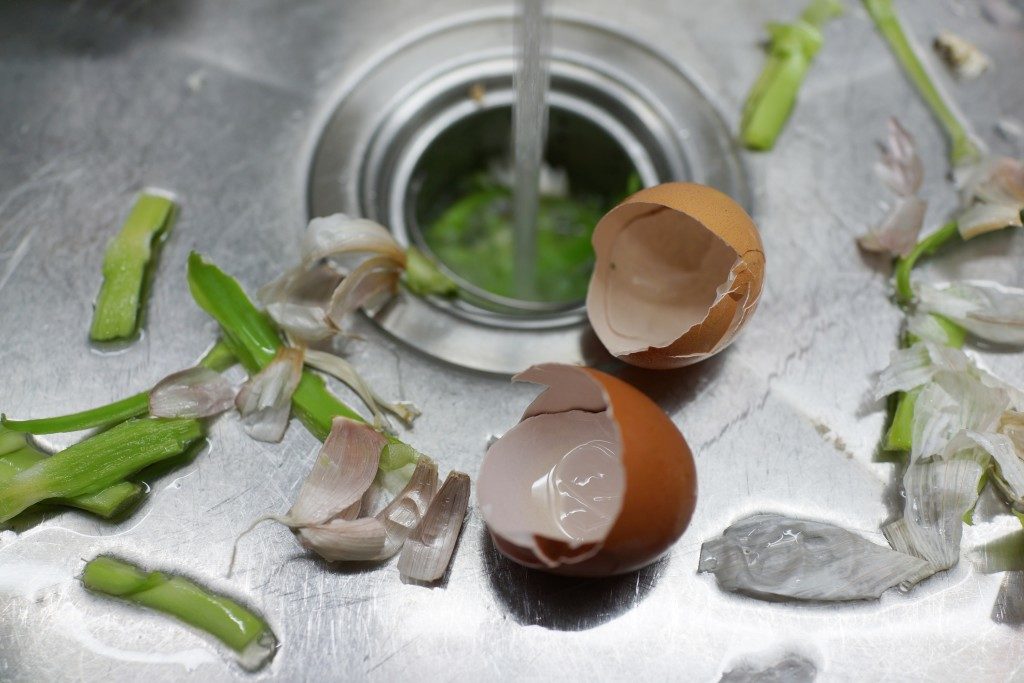Every home depends on effective drainage to make sure that wastewater pumps out of the house properly. However, there are instances when unpleasant odours waft from the pipes or water overflows from the toilet. These are telltale signs of blocked drains.
There’s no denying that clogged drains inconvenience everyone in the household. If left unchecked, blocked drains bring expensive costs and lead to health problems like headaches and respiratory issues.
When your drains are clogged, the first line of action is to consult an expert. There are many companies in the UK, from Inverness to Portsmouth, Norwich to Coventry and everywhere in between, that offer reliable and professional drain cleaning services.
However, although you can rely on drain cleaning services to get rid of the clog, prevention is still better than cure. Knowing what’s causing the blockage, and taking action right away, ensures that the problem doesn’t worsen when experts arrive at the scene.
Here are the common causes of blocked drainage and what you can do to deal with them:
1. Hair
Hair is the primary cause of clogged drains in showers and sinks. Loose strands have a knack of building up and binding with grease and other substances, forming large blockages in the connecting pipes.
There are many do-it-yourself methods of removing clogged hair from the drains. You can pour boiling water or extract the hair using a plunger or hook. Alternatively, chemical drain cleaners help dissolve the clumps of hair blocking the drainage.
2. Fat and Grease
 Fat and grease are a common cause of blocked drains in the kitchen, and they are difficult to clear out. Any fatty or greasy substance washed down the sink will solidify inside the pipes and eventually build up to the point that no liquid can pass through. This problem created the ‘fatberg‘ a mass of solidified fat discovered in the sewers of Devon.
Fat and grease are a common cause of blocked drains in the kitchen, and they are difficult to clear out. Any fatty or greasy substance washed down the sink will solidify inside the pipes and eventually build up to the point that no liquid can pass through. This problem created the ‘fatberg‘ a mass of solidified fat discovered in the sewers of Devon.
Avoid washing fatty ingredients down the drain as much as possible. For grease, pour it in a small container and discard it with your rubbish.
3. Toiletries
There’s a reason public toilets tell you not to flush baby wipes, nappies and female hygiene products down the loo. Most toiletries don’t easily disintegrate when they’re washed out, so they’ll get stuck in your pipes. To prevent blocked drains the solution is simple: throw these toiletries out with your rubbish.
4. Foreign Objects
Sometimes random items like jewellery and toys are accidentally dropped down the drain. Other times, people wash down things, such as paint and chemicals, that shouldn’t be poured down drains. Leaves, stones and debris can also fall down grates and cause drain blockage.
Install grates over drains to stop foreign objects. Regularly keeping your outdoor area clear of fallen leaves and debris also prevents clogged drainage. As for paint and chemicals, check if your council offers services to get rid of these waste materials or put in a secure container and take to the tip.
A blocked drain is a nuisance, and failure to sort it out early leads to bigger headaches. By regularly checking for the common causes of clogging, you reduce the chance of a blockage causing a leak in your wallet.
